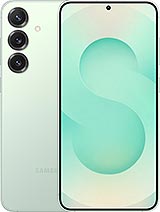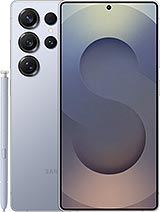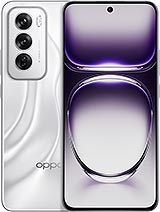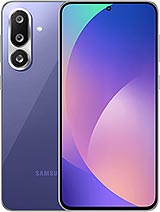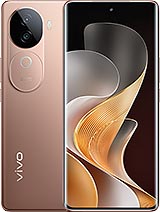Google Pixel 10 alternatives
Tap above to see alternatives.
Vivo V40e alternatives
Tap above to see alternatives.
Google Pixel 10

Google Pixel 10
-
Tensor G5
3 nm
-
4970 mAh
30W
-
6.3"
1080 x 2424 pixels
-
48 MP
4K@24/30/60fps
- Specs
1x3.4 GHz Cortex-X4
5x2.85 GHz Cortex-A725
2x2.4 GHz Cortex-A520
8GB 256GB (UFS 2.2)
f/1.7, 25mm (wide), 1/2.0", 0.8µm, Samsung ISOCELL GN8, dual pixel PDAF, OIS
10.8 MP
f/3.1, 112mm (telephoto), 1/3.2", dual pixel PDAF, OIS, 5x optical zoom
13 MP
f/2.2, 120˚ (ultrawide), 1/3.1", Sony IMX712, PDAF
f/2.0, (wide), 1/1.95", 0.8µm, PDAF, OIS
8 MP
f/2.2, 116˚ (ultrawide)
1080p@24/30/60/120/240fps
gyro-EIS, OIS, 10-bit HDR
1080p
f/2.2, 95˚, 20mm (ultrawide), 1/3.1", 1.22µm, PDAF
f/2.0, (wide), 1/2.76", 0.64µm, AF
1080p@30/60fps
SIM1: Nano, SIM2: Nano
24 5G bands
n1, n2, n3, n5, n6, n7, n8, n12, n14, n20, n25, n26, n28, n30, n38, n40, n41, n66, n71, n75, n76, n77, n78, n79
8 5G bands
n1, n3, n5, n8, n28, n40, n77, n78
In this performance comparison, the Google Pixel 10 with its Google Tensor G5 (3nm) performs better than the Vivo V40e with the Mediatek Dimensity 7300 (4nm), thanks to superior chipset efficiency.
Google Pixel 10 offers 7 years of OS updates, whereas Vivo V40e provides 3 years. For security updates, Google Pixel 10 offers 7 years of support compared to Vivo V40e's 4 years.
Both Google Pixel 10 and Vivo V40e feature AMOLED displays, offering vibrant colors and deeper blacks. Both smartphones offer the same 120 Hz refresh rate. Vivo V40e also boasts a brighter screen with 4500 nits of peak brightness, enhancing outdoor visibility. Both phones have the same screen resolution.
Vivo V40e features a larger 5500 mAh battery, potentially delivering better battery life. Vivo V40e also supports faster wired charging at 80W, compared to 30W on Google Pixel 10. Google Pixel 10 supports wireless charging at 15W, while Vivo V40e does not support wireless charging.
Google Pixel 10 offers better protection against water and dust with an IP68 rating.
- Vivo V40e – Check price here
¹ Scores can vary even with the same chipset due to RAM, thermals, and software optimization.


